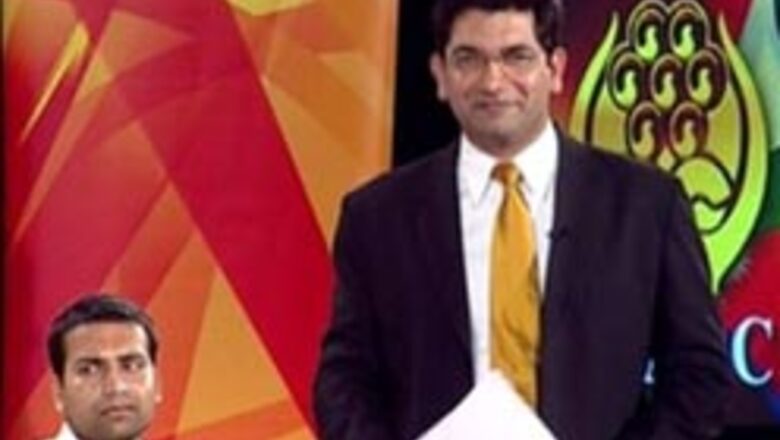
views
The 14th South Asian Association for Regional Cooperation (SAARC) summit will begin in New Delhi on Tuesday and this time, the Summit is not just about Indo-Pak hostility.
With India and Pakistan agreeing that many long-standing issues need to be resolved, this Summit seems like it will deliver that much needed breakthrough that the South Asian region is looking for in issues like terrorism and trade.
Recently, a two-day meeting of SAARC Foreign Secretaries agreed that the Summit should come out with a "very strong statement" on terrorism.
The 14th Summit of the eight-nation regional grouping is also likely to sign an inter-governmental agreement for setting up of a South Asia University and Regional Food Bank, besides working on establishing a multi-modal transport network.
On CNN-IBN’s show Face the Nation it was discussed if these new deals can actually be brought about and what does the future of the Summit hold for the South Asian countries.
On the discussion panel were representatives from most SAARC countries like Editor of Kantipur, Narayan Waghle (Nepal), General Secretary of SAFMA Vinod Sharma (India), Editor of The News Today Reazuddin Ahmed (Bangladesh) and journalist with the Voice of America, Murtaza Solangi (Pakistan).
Is SAARC just a talk shop?
The discussion began with the audience voting that there are 50-50 chances of SAARC having a bright future.
Most people in the audience believed that the organisation has great potential but the member nations haven’t done much to reap the benefits of this grouping.
Disagreeing with this general notion, Waghle said, “No, I don’t think so. In the last 20 years there has been every effort to move ahead. In a number of cases SAARC has not delivered well. But now the slogan of SAARC is going to be connectivity. It is one solid message, which is that within the region there should be physical and intellectual connectivity between the various countries.”
This is the major theme of the 14th SAARC summit but the question that arises is that an organisation, which has taken 21 years to realise that this sort of connectivity is important, can actually get to the bottom of the problems that are being face by the countries.
To this question, Ahmed explained that it is a global imperative now. “In the beginning there were was suspicion among the nations. There were all high sounding no binding resolutions but now SAARC has reached a stage where implementation is important. Now globalisation has made it compulsory,” Ahmed said.
Explaining Bangladesh’s expectations from the Summit, Ahmed added, “There should be liberalisation of trade. This will help in following the connectivity factor and one should also remove the non-tariff barrier.”
But considering the past instances, will Bangladesh give access to India to trade through its territory?
Walking the tightrope, Ahmed said, “Bilaterally not but multi-laterally yes.”
PAGE_BREAK
Reacting to Ahmed’s take on the issue, Solangi indicated that according to him “the glass is half full and not half empty.”
Meanwhile, Sharma in a truly Indian manner explained what he thought about the SAARC grouping.
“It’s more like a joint family where a couple of brothers don’t see eye-to-eye on certain issues. But our survival is dependent on sorting out the issues. Here is a situation where Nepal can supply power to Bangladesh during summers and the latter can do so to the former during winters. Now if they realise this simple fact then they can see the light of the day. I am hoping SAARC would someday become something like the EU,” Sharma said.
Indo-Pak relations
India and Pakistan are considered some of the strongest powers in the South Asian region but when it comes to terrorism the two countries seem to hit a roadblock. Can the Summit bring something tangible out of this problem?
Taking a cue from the question Solangi said, “During the last conference in Dhaka, Pakistan PM Shaukat Aziz had talked about deficit of trust and Manmohan Singh had said that lets do something about it. SAARC can move ahead but it’s limping and not running.”
Agreeing with Solangi, Sharma said that the time has come to get together to deal with the issue of terrorism especially for the sake of the younger generations.
“Yes, he is right. Time will come when nations have to get along because of the younger generation. Look at the decision to set up the South Asian University in Shantiniketan. That is the first step in creating a joint intellectual reservoir in the sub-continent,” Sharma said.
However, these are questions and issues that have been discussed time and again but can this Summit truly make a difference?
To this question, Waghle reasoned that apart from Nepal and Bhutan, which were never colonised, the rest of the nations are new states. So, forming an organisation of new states is not easy.
He, however, added that the SAARC matters should not in custody of any two countries.
Indicating that the two countries being referred to are India and Pakistan, the discussion then steered to the point that are these two nations holding up the development of the rest of the countries in the South Asian region.
Explaining the past history of the SAARC summits, Ahmed said, “SAARC was born only 22 years ago and till now only 14 summits have been held. Eight could not be held because of the bickering particularly between India and Pakistan. So, SAARC was in a way held hostage by these two countries. But now the ice is beginning to thaw. Relations between the two countries are beginning to normalise.”
India as a peacemaker?
Can India really play the role of a peacemaker considering Nepal has requested India to mediate on the issue of Bhutanese refugees?
“Yes, India has played a great role. More than 1,00,000 refugees from Bhutan are living it Nepal presently. The refugees were coming to Nepal via India,” Waghle said.
So, then can India play a peacemaker for other countries as well?
According to Waghle India can “use its good offices” while Solangi feels he has seen a lot of “positive changes in India.”
“Starting with Atal Behari Vajpayee and it continues with Manmohan Singh, especially the process that started between India and Pakistan in January 2004. So, things are changing for good,” Solangi added.
However, Pakistan has always vociferously objected to India playing a big brother role in the region.
“I don’t think Pakistan is ready to accept India in that role. India has a greater role to play being the biggest economic power,” Solangi said.
PAGE_BREAK
Afghanistan President Hamid Karzai pointed a finger at Pakistan on Monday saying Taliban chief Mullah Omar is in Pakistan territory. Now, it is being said that India has been asked help in the matter but will Pakistan allow such a scenario to come up.
Solangi believed that this is more of a “bilateral issue between Pakistan and Afghanistan and India cannot play a great role in resolving that issue. Probably, US can play a bigger role than India in this matter.”
According to Sharma, India should be offered to play a peacemaker’s role.
“In a policy speech former foreign secretary Shyam Saran had once said that Indian economy should not be perceived as a threat but as an opportunity by our neighbours. Smaller countries in this region can attract foreign capital if they are able to flaunt the Indian market. This fact needs to be driven home,” Sharma said.
Agreeing with Sharma, Ahmed said that if India wants then it can play the role of a peacemaker. “Of course, we would welcome it. Why not? Indian is the biggest actor in the region but it should be a multi-lateral move.”
Terrorism – unites or divides South Asia?
The audience began this segment of the discussion by asking the panel of experts on how the Summit is planning to handle the problem of terrorism.
But Solangi reasoned that such problems existed even before SAARC came into being and that terrorism dose not have any direct relevance with the future of SAARC.
Citing an example of Nepal and concluding the discussion, Waghle said that the Himalayan kingdom had set a great example in resolving the decade-long insurgency problem.
“As far as internal problems of particular countries in the region are concerned then Nepal has set a good example vis-à-vis the insurgency problem. So, this is a case of how a democratic movement can be brought along,” Waghle said.
In the aftermath of an attack by the LTTE on a Sri Lankan air force base last month and with a focus on joint terror mechanisms, experts believed that this Summit might bring along the much needed peace in the South Asian region.










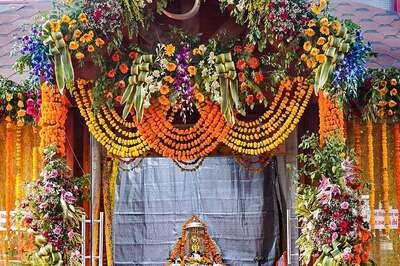



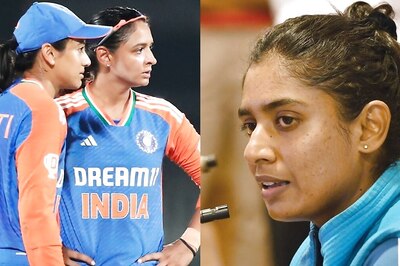
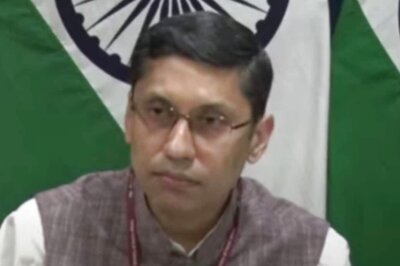
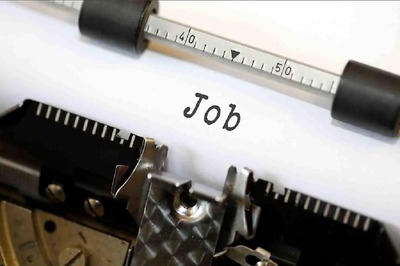
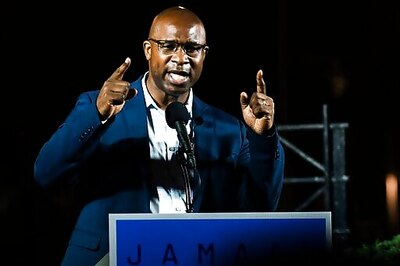

Comments
0 comment